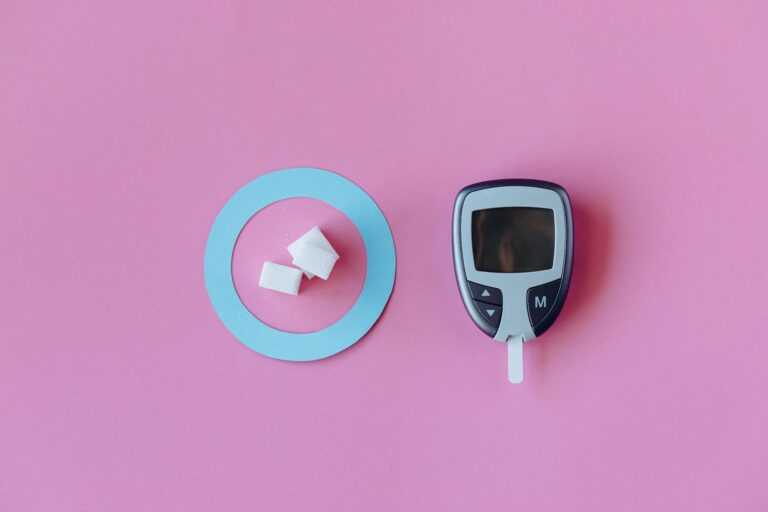Medication management plays a crucial role in reducing symptoms of dementia. Dementia is a brain condition that affects memory, thinking, and behavior, and it is not a normal part of aging. While there is no cure for dementia, managing medications effectively can significantly improve the quality of life for those affected.
### Understanding Dementia Symptoms
Dementia symptoms vary widely among individuals but generally include memory loss, confusion, mood changes, and behavioral disturbances. These symptoms can be challenging for both the person with dementia and their caregivers. Effective medication management helps in managing these symptoms, especially behavioral and psychological symptoms such as agitation, aggression, and delusions.
### Medications Used in Dementia
Several medications are used to manage dementia symptoms:
– **Cholinesterase Inhibitors**: These are commonly used for Alzheimer’s disease and can help improve memory and cognitive function. Examples include donepezil, rivastigmine, and galantamine.
– **Memantine**: This medication is often used in moderate to severe Alzheimer’s disease. It can help slow down the progression of symptoms and is sometimes used for agitation and aggression.
– **Antipsychotics**: These are used cautiously for treating psychotic symptoms like hallucinations and delusions. However, they carry a “black box” warning due to increased risk of death in dementia patients. Pimavanserin is an example of an antipsychotic with fewer side effects.
– **Antidepressants**: Selective serotonin reuptake inhibitors (SSRIs) and other antidepressants can be effective for managing agitation and mood disturbances without psychosis.
### Importance of Medication Management
Proper medication management is essential for several reasons:
1. **Symptom Control**: Medications can help manage symptoms such as agitation, aggression, and confusion, improving the quality of life for individuals with dementia.
2. **Side Effects**: Many dementia medications have significant side effects, such as increased risk of falls or confusion. Careful management helps minimize these risks.
3. **Interactions**: Dementia patients often take multiple medications, increasing the risk of drug interactions. Proper management ensures that these interactions are monitored and managed.
4. **Palliative Care**: In advanced stages of dementia, the focus shifts from curative treatments to palliative care, emphasizing comfort and symptom relief.
### Non-Pharmacological Interventions
In addition to medication, non-pharmacological interventions are crucial. These include physical activity, social engagement, and mental stimulation, which can slow down dementia progression and improve cognitive function.
### Conclusion
Effective medication management is vital for reducing dementia symptoms and improving the quality of life for those affected. It requires careful consideration of the benefits and risks of each medication, along with non-pharmacological interventions to provide comprehensive care. By understanding and managing medications effectively, individuals with dementia can experience better symptom control and overall well-being.





